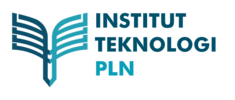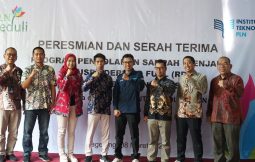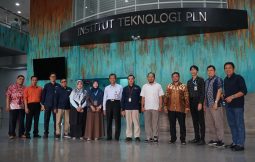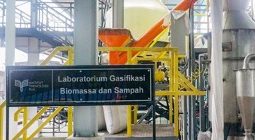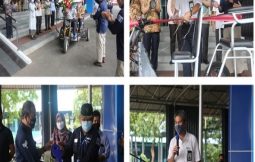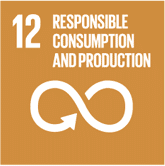
12 - RESPONSIBLE CONSUMPTION AND PRODUCTION
Ensure sustainable consumption and production patterns
Goal n.12 of the 2030 Agenda for Sustainable Development aims to ensure sustainable consumption and production patterns.
Sumber https://sdgs.un.org/topics/sustainable-consumption-and-production
Operational measures and Proportion of recycled waste
Policy for Ethical Sourcing of Supplies
ITPLN provides food at meetings and other events and also for supplying of food in the lecturer and/or student cafeterias. It is stated in the SDM Regulation no. 1437A/3/D01/ND/2021 about the regulation of meal time in the cafeteria. The determination of standards for the provision of sources of equipment and work facilities is stated in the MoU with the ITPLN Employee Cooperative body where the provision is made. based on the standard specification requirements that have been stated in the ITPLN hardware specification SOP made by PDSI (Database and Information System Department) of ITPLN. ITPLN provides food at meetings and other events and also for supplying of food in the lecturer and/or student cafeterias. It is stated in the SDM Regulation no. 1437A/3/D01/ND/2021 about the regulation of meal time in the cafeteria. The determination of standards for the provision of sources of equipment and work facilities is stated in the MoU with the ITPLN Employee Cooperative body where the provision is made. based on the standard specification requirements that have been stated in the ITPLN hardware specification SOP made by PDSI (Database and Information System Department) of ITPLN.
Policy for Hazardous Waster Disposal
Waste or garbage gets the main attention in its management at ITPLN environment. Since 2017, ITPLN has updated one of its policy aspects regarding waste management, through the issuance of the Regulation No. 1139B/1/C02/ND/2021 concerning Policies on Management of Waste and garbage that can still be reprocessed, decomposed, or those which are containing Hazardous and Toxic Materials at ITPLN.
Policy for Minimisation of Plastic Use
Waste or garbage gets the main attention in its management at ITPLN environment. Since 2017, ITPLN has updated one of its policy aspects regarding waste management, through the issuance of the Regulation No. 1139B/1/C02/ND/2021 concerning Policies on Management of Waste and garbage that can still be reprocessed, decomposed, or those which are containing Hazardous and Toxic Materials at ITPLN
Disposable Policy
In order to reduce plastic waste in accordance with Presidential Regulation Number 97 of 2017 concerning National Policies and Strategies for Management of Household Waste and Types of Household Waste, and Circular Letter of the Ministry of Environment Number: SE.3/UM/RT/SET.1/ 2/2018 dated 26 February 2018 regarding the Appeal for the Provision of Plastic Packaging Free for Meeting Meals, the entire Academic Community of ITPLN is urged to implement a reduction in the use of plastic waste. It is recommended to use organic materials that are easily biodegradable (leaves or paper) and minimize the serving of bottled drinking water by replacing it with a glass as a drinking container. Every academic community in their daily activities is encouraged to use a bottle (tumbler) in order to minimize the use of bottled drinking water.
SDG 12 in Numbers
Berita Terbaru
Still can’t find?
|
